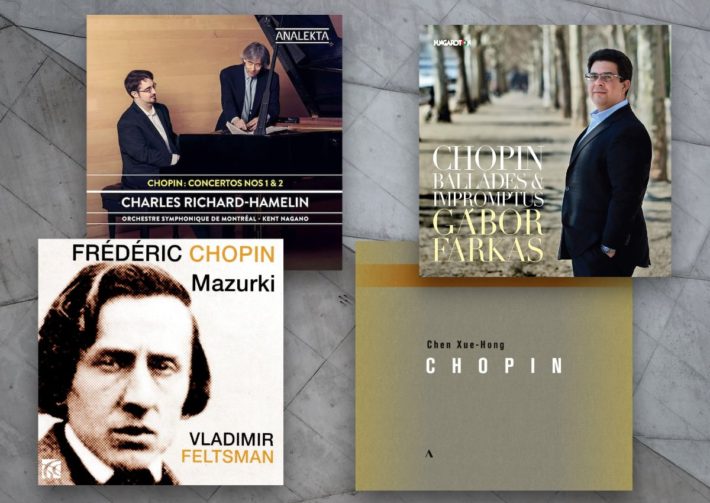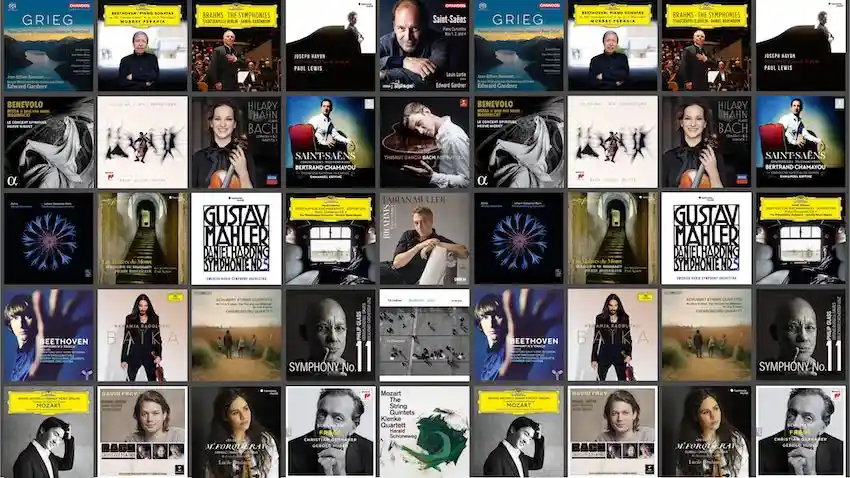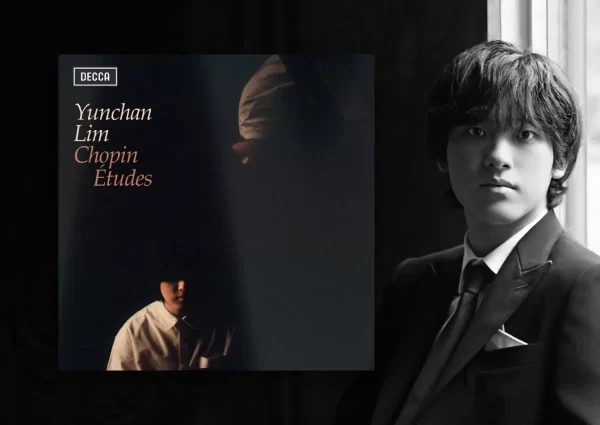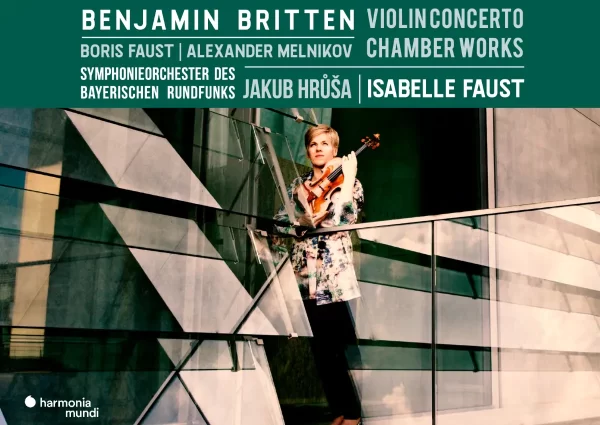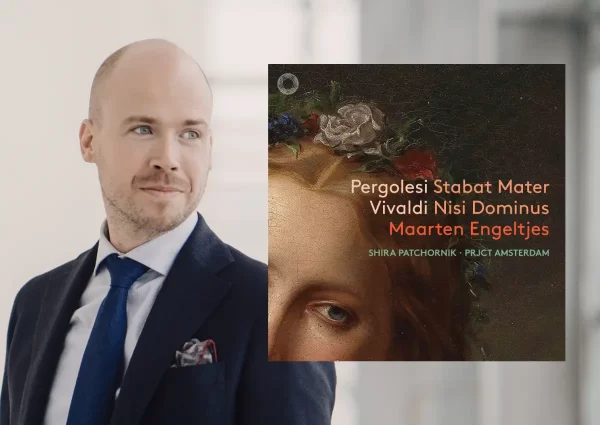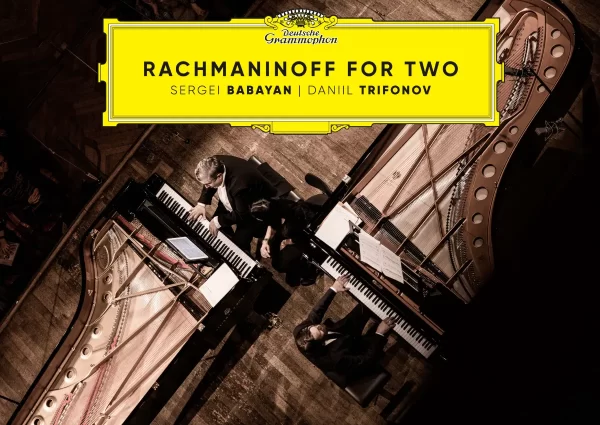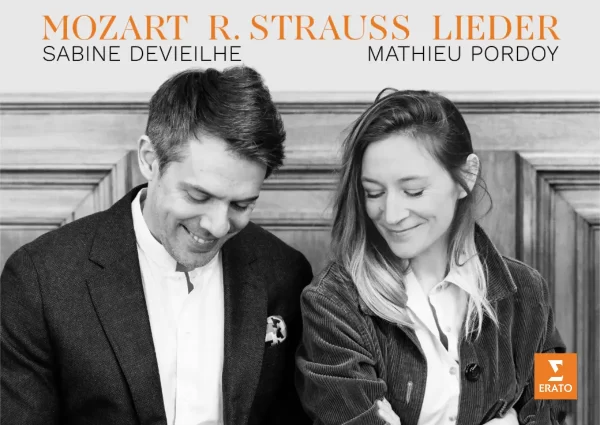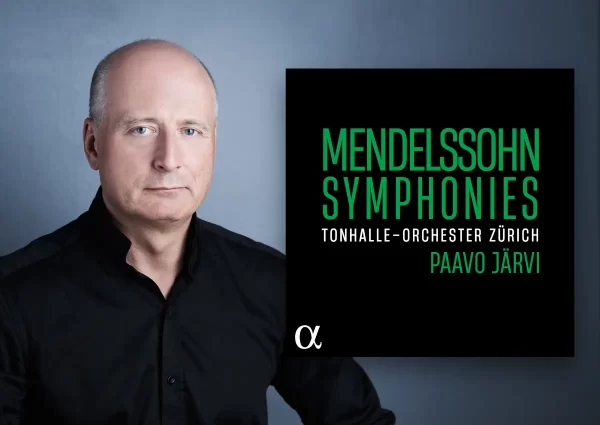All year long, many pianists give their best at Chopin’s music, releasing albums with music that has been recorded many times, and for many tastes. Four recent albums, nonetheless, are of true distinction.
Pianist Gábor Farkas is a student, among other teachers, of a great Chopin player, Tamás Vásáry. His album of Chopin’s four Ballades and four Impromptus (that includes the posthumous “Fantasied Impromptu”) shows a real feel for this music and an impressive technical command, especially in the tricky parts of the ballades. From this group, the second and third fairs the best. The First and Fourth Ballades, though amply played, includes unnecessary ritardando that may be incorporated as an emphasis mechanism, but tends to drag the tempo a bit too much.
In the impromptus, there is a good sense of the contrasting themes of each of these pieces, and it’s worth noting how lovely is the control of Gábor’s left hand, coming to life in the Third Impromptu and allowing for a true cantabile quality to be heard. All in all, a memorable release with a good recording to match.
Chen Xue-Hong is caught in a live concert from Festival de la Haute (France), on August 2018. The highlight of this album is the Barcarolle, given an assured and convincing performance of this somewhat elusive piece.
The Second Sonata, which opens the album, is given a dramatic performance that tends to the aggressive in the first and second movement, and the Funeral March is on the fast side, but with an endearing middle section.
The four Mazurkas Op. 24 are given a proud, rhythmically stable rendition with a nice balance of the left-hand accompaniment. The polonaise Op. 53, closing the program, is again on the slow side, but also firmly conveyed structurally. The four nocturnes that come before it could have been more mysterious, but there is something attractive in their simplicity, especially Op. 27 No. 2, which comes off very refreshingly.
Xue-Hong is playing a Steinway C (a smaller instrument than the Steinway D the other pianists in this review are playing), which may explain the more distant-sounding bass. On the other hand, it’s also closer to the sizes of the grand pianos from Chopin’s days, and the pianist is making the best of it, with a very sympathetic recording.
Every new complete cycle of Chopin’s Mazurkas is something of an occasion, and here we have the most familiar artist from the group – Vladimir Feltsman. As it happens, this release coincides with a new Box-Set by Sony Classics that shows this multifaceted artist from the mid to late 1980s. After his short tenure with Sony, he continued to record extensively, releasing most of Bach’s major keyboard works as well as major works of the classical and romantic piano repertoire. This release is a continuation of a complete Chopin cycle of sorts – he recorded the preludes for Sony and later on, for the label we have here (Nimbus) the Waltzes, Impromptus, Nocturnes and Ballades.
Get periodic updates about new classical music albums reviews, news and guides.
We respect your privacy.
His Chopin is the freest and most original from the four pianists’ covered here; There are audacity and idiosyncratic touches that sometimes seem like a thing of the past, but appear here in full glory. Early Mazurkas are treated with the same dedication as the later groups, from which the Op. 59 and 63 are a particular delight. The piano sound is brilliant and full of presence, the rubato usage, broken chords and high contrasts are all reminiscent of the golden age of piano playing. Each and every one of the Mazurkas keeps the dancing element and the performance is so engaging, one soon forgets that the recording (made on 3 consecutive days at Wyastone Leys, Monmouth, in 2018) can be a bit too close and lacks some space around the instrument. If you like your Mazurkas calmer, a recommended alternative is Janina Fialkowska’s full set and, of course, Rubinstein’s 1960s cycle. But this is a new set to treasure.
Chopin’s youthful Piano Concertos are well-liked by the public, asking from the pianist superb control along with authentic imagination, coping with the sometimes rigid structure of these pieces and the amateurish orchestral accompaniment.
In his new albums, Charles Richard-Hamelin, silver medalist of the 2015 Chopin competition, presents an assured, calm and rather unsentimental view of the concertos. He is accompanied, like Martha Argerich in her famous 1998 version, by the Orchestre Symphonique de Montréal under Kent Nagano, which brings out some intriguing woodwind lines not often coming to the fore.
On both concertos, the slow movements are the highlights, and the finales are played with a relatively slow tempo, that though diminishes the virtuosic element of the piano part, never sounds sluggish. Overall, when finishing listening to these performances, one is left with a feeling they had been executed just right, without exaggeration and with attractive straightforwardness. Nice, atmospheric recording, taken from a series of concerts at the orchestra’s new home, the “Maison symphonique de Montréal”.

Chopin: 4 Ballades, 3 Impromptus, “Fantasie Impromptu”
Gábor Farkas – Piano
Hungaroton, CD HCD 32829
Chopin – Piano Works
Piano Sonata No. 2, Barcarolle, Mazurkas (opp. 24), Ballade No. 1, Nocturnes Op. 27/2, 48/1, B.49, Polonaises Op. 53 (“Héroique”)
Chen Xue-Hong – Piano
Accentus Music, CD ACC304651
Chopin – “Mazurki” – Complete Mazurkas
Vladimir Feltsman, Piano
Nimbus Records, CD NI6386
Chopin – Piano Concertos No. 1 and 2
Charles Richard-Hamelin – Piano
Orchestre Symphonique de Montréal
Kent Nagano – Conductor
ANALEKTA, CD AN 2 9146
Albums Covered In This Review:
Follow Us and Comment:
Get our periodic classical music newsletter with our recent reviews, news and beginners guides.
We respect your privacy.

